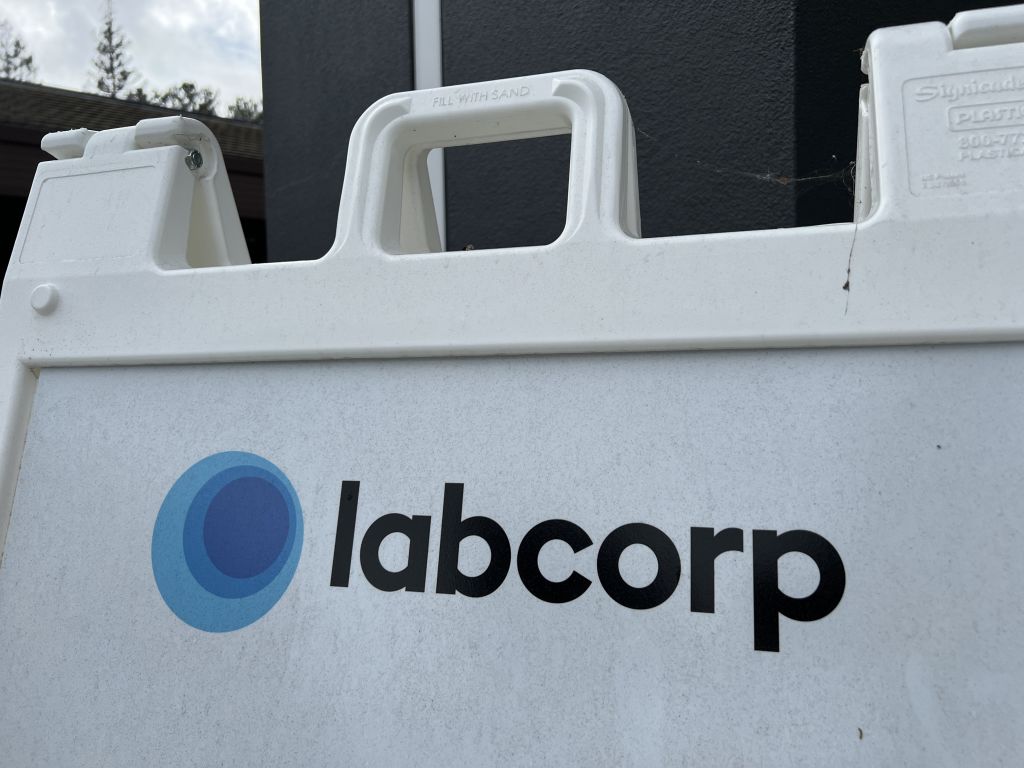
How DiME’s New Pediatric Rare Disease Project Could Make Clinical Trials Faster
The Digital Medicine Society (DiME) launched a new set of FDA-aligned digital measures to standardize how outcomes are tracked in pediatric rare disease trials. The framework aims to make trials faster and more efficient, giving researchers and drugmakers a practical roadmap for developing new therapies for children who often have no effective treatment options.

















